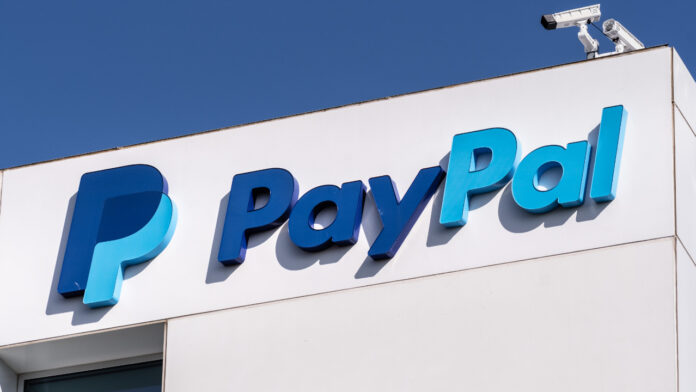PayPal’s Honey, a widely used browser extension, has come under fire for alleged fraudulent practices targeting both users and influencers. The accusations, made by YouTuber and tech investigator MegaLag in a December 21 video titled “Exposing the Honey Influencer Scam,” have amassed over 13 million views, igniting widespread controversy.
MegaLag alleges that Honey exploited a practice known as “last-click attribution,” redirecting affiliate commissions intended for influencers to its own account. “PayPal didn’t refer the customer to the store or promote the products—the influencer did,” MegaLag stated. The video also claims that Honey deliberately prioritized less valuable discount codes offered by businesses, depriving users of better deals.
The revelations have sparked outrage in the creator community. Influencer Austin Evans, who has 5.61 million subscribers, denounced Honey in a December 23 video, stating, “I will, under no circumstances, work with Honey ever again.” Similarly, Hank Green criticized PayPal’s defense of Honey’s practices, calling them a system of “stealing and lying.”
PayPal, which acquired Honey for $4 billion in 2020, defended the service, asserting that it adheres to “industry rules and practices, including last-click attribution,” and claimed that Honey continues to provide shoppers with savings.
However, backlash has been swift. Honey’s user base reportedly dropped from 20 million to 17 million within weeks of the exposé, a decline confirmed by Newsweek using the Wayback Machine.
This is not the first time Honey has faced scrutiny. Linus Media Group severed its partnership with the service in 2022, citing concerns over its affiliate practices. Calls for legal action have also emerged, with some predicting a potential class-action lawsuit against PayPal and Honey.
The controversy underscores the growing role of investigative content creators in exposing corporate malpractice. Comparisons have been drawn to the Johnny Depp vs. Amber Heard trial, emphasizing the power of social media platforms to hold companies accountable.
MegaLag has hinted at further revelations, promising a follow-up video that will delve deeper into what he describes as “an even darker side to PayPal’s scam.” As public and legal scrutiny intensifies, the upcoming exposé is expected to shed additional light on Honey’s practices and their broader implications for the affiliate marketing industry.




